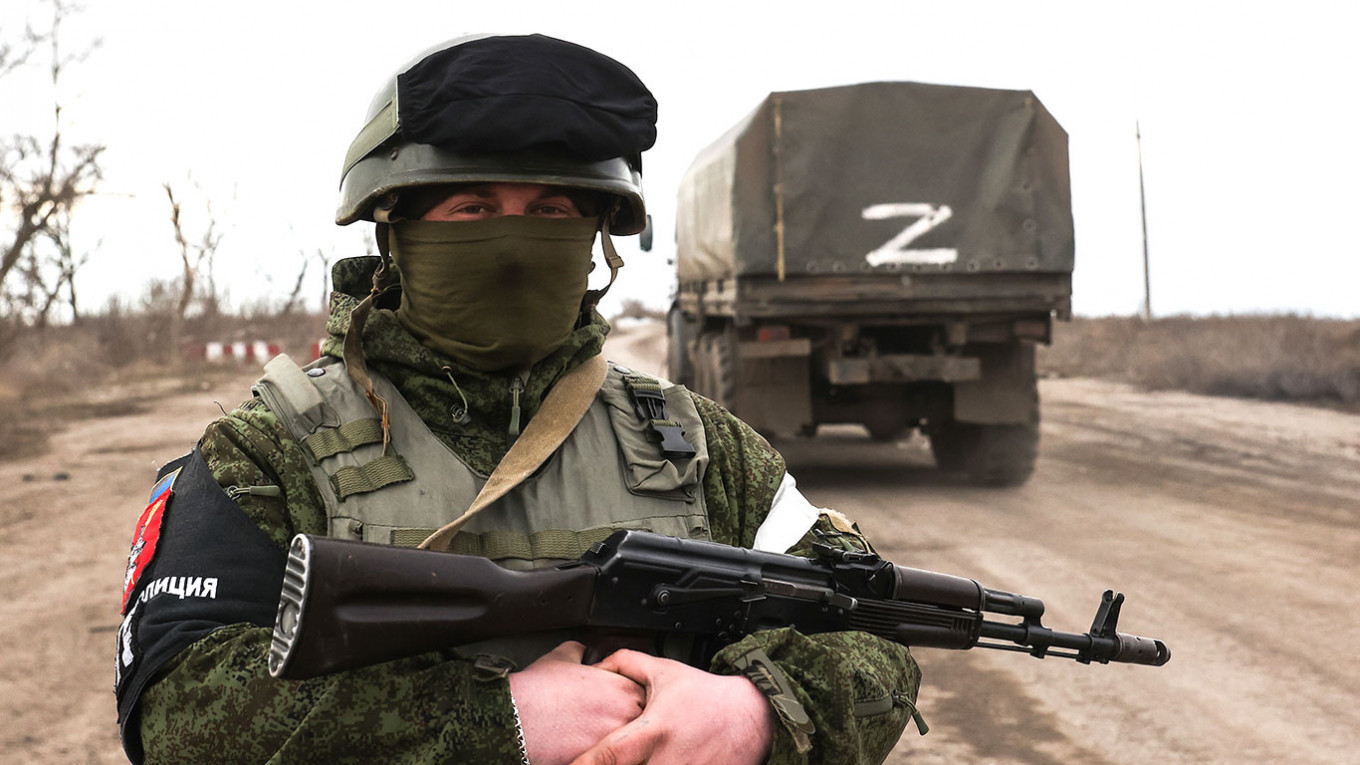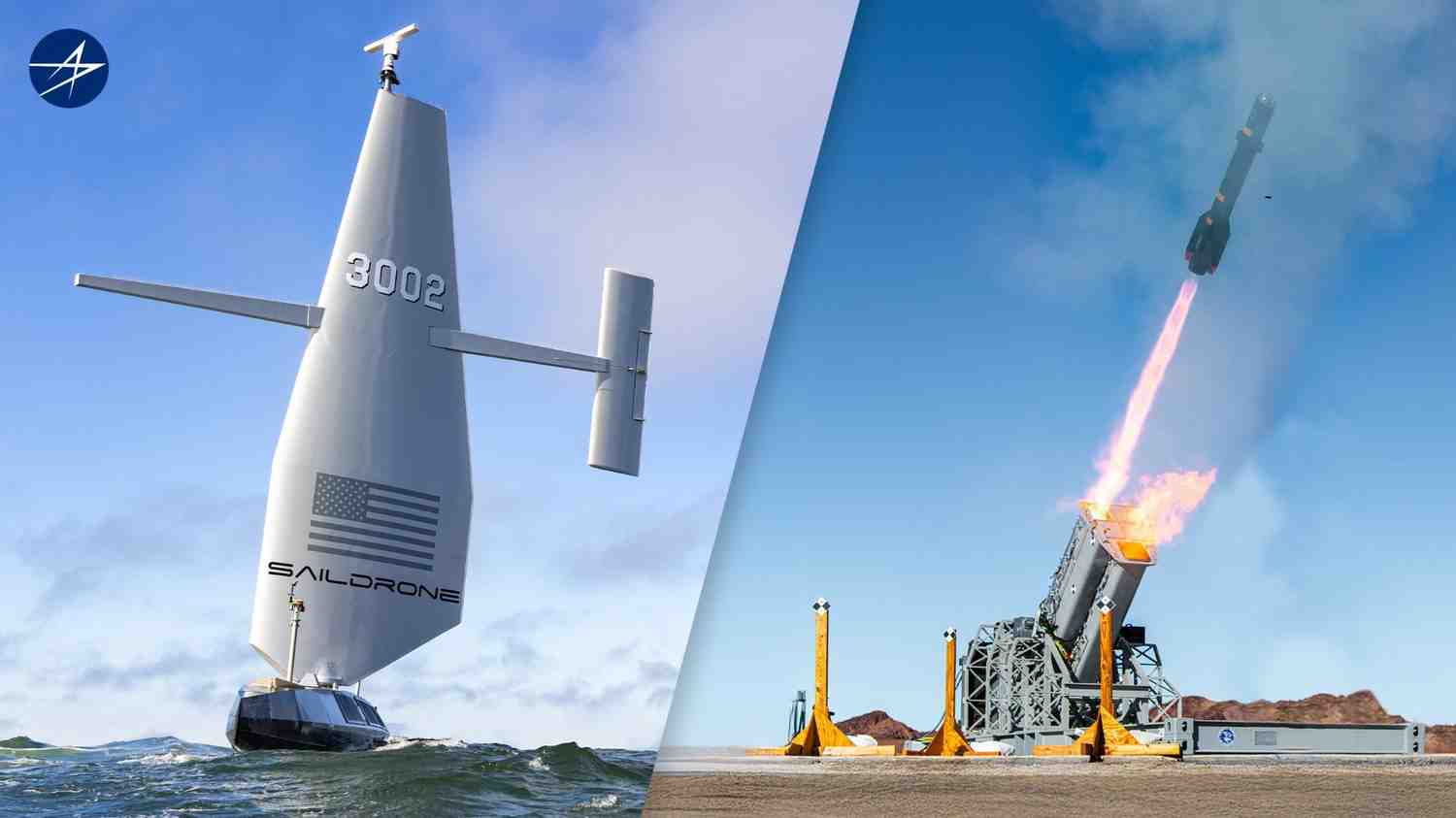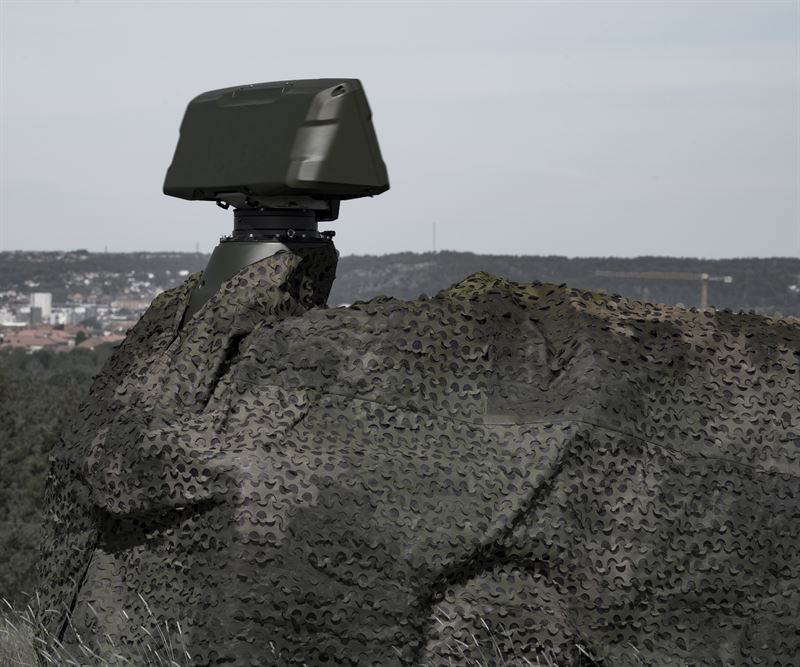On 24th February 2022, when the then Prime Minister of Pakistan, Imran Khan, visited Russia, he had no idea that the man he was going to meet was about the pull the war trigger. Since then, Pakistan has been delicately balancing its relations with the West and Russia. While it is torn between choosing either side, it has still successfully managed to stay neutral. However, it’s currently impossible to envisage whether Pakistan will be able to maintain its neutrality in the long run or whether it will be compelled to join one of the sides.
Pakistan is situated in a region that has been plagued by conflicts and instability for decades. It shares its borders with an officially recognized nuclear-weapon state, a de facto nuclear state, a state that is actively pursuing its nuclear program, and a state that is undergoing turmoil and political crisis. This makes the geostrategic location of Pakistan very salient in the international arena. Therefore, it is important for Pakistan to learn lessons from this watershed event of the 21st century as it has significantly impacted the existing world order. From challenging the hegemony of the United States to altering global political and economic dynamics, the repercussions of the Russia-Ukraine War go beyond simply the European Continent. Some of the lessons have been listed down:
- The Necessity of a Powerful Military
With the dawn of the 21st century, the notions of liberalism, globalization, and complex interdependence gained widespread attention, putting the Realist school of thought on the back foot. However, Russia’s invasion of Ukraine has once again proved that no matter how much a country is economically strong, the need for a strong and self-sufficient military can never be understated. The fact that almost all of the economically powerful nations spend billions of dollars on their defense budgets can be attributed to this. For example, the US, China, Russia, India, and Germany are the top-ranked countries with the highest defense budget.
The Russia-Ukraine War has brought the importance of nuclear deterrence back into the arena. The invasion resulted in the rise of questions like whether Ukraine’s decision to relinquish its nuclear weapons in 1994 in exchange for security guarantees from the USA, Russia, and the UK was a wise one. What if Ukraine possessed nuclear weapons today? Would Russia still attack Ukraine if it were a nuclear weapon state?
While looking at the pattern of International conflicts since the end of World War II and the advent of nuclear weapons, it can be safely said that if Ukraine had nuclear weapons today, circumstances would’ve been very different. Though Ukraine received financial compensation and security assurances in return for giving up its nuclear stockpile, it cannot be denied that this action failed to protect Ukraine from Russia’s aggression. Giving up its nuclear weapons and relying on other states for its own security was never a wise decision taken by Ukraine. It is because International Politics is a struggle for maximization of power and only the fittest can survive in this arena. This was also explained by Thucydides in ‘Melian Dialogue’ when he stated, “The strong take what they can and the weak suffer what they must.”
To sum up, over-reliance on other states for self-defense can be extremely dangerous. Therefore, Pakistan must keep on upgrading its defensive capabilities, and at least have credible-minimum deterrence, so that no adversary takes it as an easy target to attack.
- Dual Standards of International Law:
The conflict between Russia and Ukraine has made it quite evident that international law is discriminatory and promotes the status quo. When Iraq invaded Kuwait in 1990, the US sent its soldiers there to launch an offensive against Iraq. The United Nations sided with the US by adopting a resolution that authorized the use of force against Iraq. Later in 2003, when the United States invaded Iraq on the pretext of weapons of mass destruction, the United Nations and regional organizations remained silent. In addition to this, the US forces remained inside the territory of another country, Afghanistan, for about 20 years without the authorization of the United Nations.
While this all happened, The UN, EU, and other such organizations allowed the US to use force, murder thousands of innocent people, violate the territorial integrity of other sovereign states, and intervene in their political decisions. No sanctions were enforced on it, but now that Russia has done the same, thousands of sanctions have been imposed on it, making it the most sanctioned country in the world i.e. more than even Iran and North Korea.
The ability of the more prominent and strong state to dominate and monopolize the entire global system clearly highlights the dual standards of international justice. So, Pakistan needs to strengthen itself, both economically and militarily, in order to successfully advance its national interests. The principle of ‘might is right’ will forever govern the international system. We need to adjust to it.
- Separatist Movements Must Be Handled Properly:
To address the conflict between Russia and Ukraine in the eastern region of Ukraine, the Minsk Agreements were signed. The first agreement, known as Minsk-I, was concluded in September 2014. It was a ceasefire deal and had 12 points that included the exchange of prisoners, withdrawal of weapons, etc. The agreement, however; was immediately violated by both sides. Later in February, a 13-point Minsk II agreement was signed. This agreement, brokered by France and Germany managed to ease conflict in the Eastern region of Ukraine but was never really implemented in true spirit. The agreement didn’t address the root cause of conflict, and as a result, just temporarily reduced the intensity of conflict.
The provisions of the Minsk II agreement included an immediate implementation of a ceasefire, the withdrawal of dangerous weapons by both sides, monitoring by the Organization for Security and Cooperation in Europe (OSCE), exchange of prisoners, and elections in the Luhansk and Donetsk region, etc. While both sides agreed to this agreement, a major issue arose regarding the interpretation of these provisions, and this made its implementation nearly impossible. For example, point 11 of the accord talks about constitutional reforms in Ukraine including decentralization. Ukrainian Government interprets this as limited devolution of power to the separatists. Russia, on the other hand, demands full autonomy for and representation for rebels in the national administration. This dilemma regarding the interpretation of provisions has been termed the ‘Minsk Conundrum’, by scholars and observers, and because of it, the issues pertaining to the separatists remained unresolved.
It was later accepted by President Zelensky that he never considered implementing the Minsk Accord, and had earlier informed German Chancellor Angela Merkel and French President Emmanuel Macron that doing so was “impossible”. Apart from this, it was also accepted by German ex-Chancellor Angela Merkel in 2022 that the purpose of the Minsk Agreement was to give Ukraine time to fortify itself while allowing NATO to step up its support for the country.
Ukraine’s tardiness in dealing with this issue allowed the uprisings to gain greater strength and Russia’s influence to increase to the point that it utilized the whole situation as justification for invading Ukraine.
In light of this, a crucial lesson from this conflict is the necessity of dealing with separatist movements in a timely manner. Prioritizing such concerns is necessary for states to prevent an adversary from exploiting the existing problems. Pakistan must also swiftly deal with movements like BLA, BRA, and Jay Sindh as they are a great threat to the state, and possess the ability to create instability throughout the country.
- Necessity of a Strong Response:
The 2014 annexation of Crimea was the first instance since the end of World War II that a European state occupied the territory of another sovereign European state. The West responded to this by condemning the annexation and imposing a few sanctions on Russian individuals and business companies. No serious steps like providing military aid to Ukraine, or banning the oil imports from Russia were imposed. This further motivated Russia and gave it the impression that International Law lacked the power to take serious actions against it. As a result, its belligerent behavior towards Ukraine kept on increasing, finally culminating in a full-fledged invasion.
Russia’s annexation of Crimea clearly indicated its future motives. However, the world was too slow to understand and react to it. A few sanctions were not strong enough to discourage Russia from changing its behavior. The West basically allowed Russia to get even more hostile, the same way they did to Hitler through the appeasement policy. Ukraine also did not strengthen itself militarily to respond to such events in the future. Rather, it increased its dependence and inclination towards the West.
The Russia-Ukraine War obtrusively highlights the role an insufficient and delayed response plays in aggravating a conflict. Therefore, it is important for Pakistan to promptly respond to any such aggressive action by an adversary in a timely manner, thereby; discouraging its future such moves.
- Know your Enemy:
Russia’s invasion of Ukraine caught the world by surprise, however; it was by no means an abrupt or sudden move. The military buildups along the Ukrainian border in the past few weeks were a blatant sign that war was about to break out. Yet, the West underestimated the extent to which Russia could go to further its political interests and misjudged Russia’s next move. As a result, very less efforts were made to curtail Russia’s military build-ups in the months preceding the war.
Such miscalculations were not only made by Ukraine and the West but by Russia also. Both sides basically underestimated each other’s response.
Russia was not ready for this much resistance by Ukraine and hoped for an early surrender. Ukraine’s willpower has turned this invasion into a prolonged full-fledged war. Russia’s much stronger and superior army has been stuck in Ukraine for more than a year. Putin overestimated the strength of his forces while underestimating that of Ukraine. Further, he expected the US and NATO to remain silent, as they did when Ukraine attacked Georgia in 2008 or annexed Crimea in 2014, and did not anticipate this level of support for Ukraine.
The war between Russia and Ukraine is fraught with mistakes made by both sides as they failed to understand the real intent or strength of the adversary. This is why, though more than a year has passed, nobody has an idea of how this whole episode will end. However, the entire conflict has taught Pakistan one very crucial lesson, and that is to always be aware of the capabilities of the opposing side. In the words of Sun Tzu,
“If you know the enemy and know yourself, you need not fear the result of a hundred battles. If you know yourself but not the enemy, for every victory gained you will also suffer a defeat. If you know neither the enemy nor yourself, you will succumb in every battle.”
Conclusion:
While every war in history is distinct in its own sense, most of them share some common characteristics such as the desire of at least one side to increase its power, the use of spies to create instability in the adversary’s territory and supporting either the separatists or the rebels of the opposite side. Therefore, carefully studying and understanding any particular war can help in formulating future strategies and avoiding the same type of mistakes in order to prevent defeat. Similarly, The Russia-Ukraine war also offers a dozen of lessons to the world. It is a must for all states including Pakistan to critically analyze the events of this war, particularly the miscalculations and mistakes made by both sides, and include the lessons in their national policies. In the words of Winston Churchill, ‘Those who fail to learn from history are condemned to repeat it.”
Author:

Aleezay Gul is student of Defence and Strategic Studies at Quaid-i-Azam University, Islamabad. She has previously worked with the European Student Think Tank as their ambassador to Pakistan, and Institute of Greater Europe as a writer.
- Global Defense Insighthttps://defensetalks.com/author/umair/
- Global Defense Insighthttps://defensetalks.com/author/umair/
- Global Defense Insighthttps://defensetalks.com/author/umair/
- Global Defense Insighthttps://defensetalks.com/author/umair/











